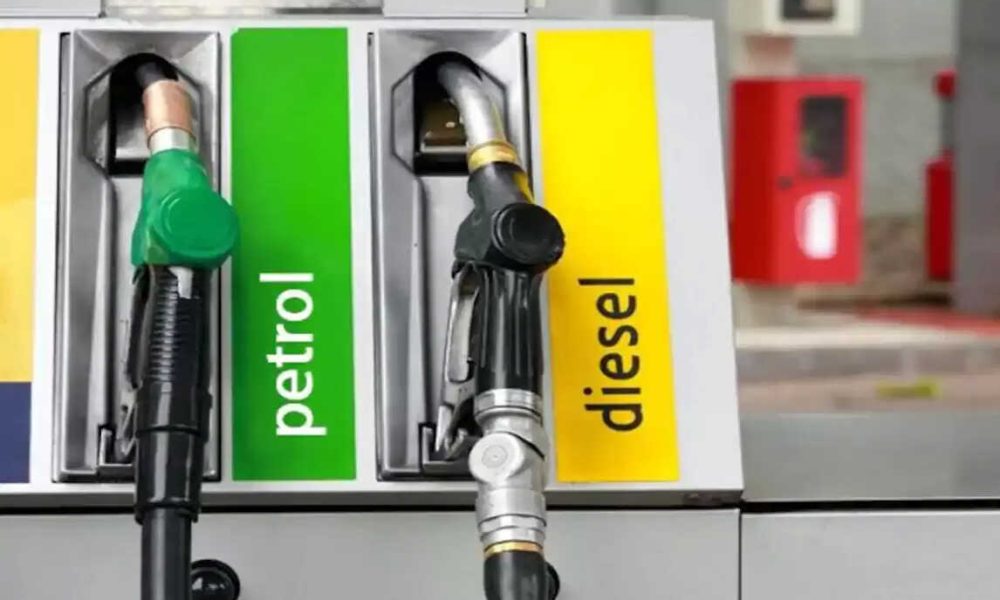The Petroleum Products Retail Outlets Owners Association (PETROAN) has attributed the ongoing scarcity of Premium Motor Spirit (PMS), also known as petrol to lingering logistics challenges.
PETROAN President Billy Gillis-Harry stated in an interview with Channels Television on Monday that oil marketers are currently supply-constrained and can only distribute available inventory.
Gillis-Harry explained that the logistics issues are related to ship-to-ship transfer, which hinders the delivery of products to depots and subsequently to retailers.
“I think until we get our supply challenges sorted out efficiently and abundantly, we will not be able to get out of this circle. I believe you must have heard the NNPC’s communications director who explained that the issues at stake are still logistics-related,” Gillis-Harry said.
“So until they get that resolved, we may just be managing the little they bring, and give to us to distribute among our members. NNPCL is doing its best to bring in products bit by bit, and we can only supply what we have.”
He further explained that the logistics issue is about ship-to-ship transfer, noting that “Until the ship gets products, it cannot deliver to any of the depots. And until depots have products, we the retailers cannot also have access to products.”
Gillis-Harry assured that marketers are in talks with the Nigerian National Petroleum Company Limited (NNPCL) to resolve the supply challenges, stating, ” We encourage them to do more, and I can assure you that they are trying their best.”
Gillis-Harry’s statement on the scarcity comes following lingering shortages of products, especially in the northern parts of the country, and has spread to states like Lagos State.
The scarcity has led to increased prices, with a litre of petrol selling for between ₦800-₦1,000 in some filling stations, and black market racketeers have reportedly taken advantage of the situation.
Reports had linked the scarcity to debt owed to international oil traders by NNPCL, but the company’s management, debunked the claim, stating that NNPCL pays its obligations on a first-in-first-out basis.
The company explained that while it operates on credit terms in the oil trading business, it is up-to-date with its payments and maintains open credit lines with multiple traders.
NNPC said it is paying its obligations for related invoices on a first-in-first-out (FIFO) basis.
“That NNPC Ltd. does not owe the sum of $6.8 billion to any international trader(s). In the oil trading business, transactions are carried out on credit, and so it is normal to owe at one point or the other,” NNPC said.
“But NNPC Ltd., through its subsidiary, NNPC Trading, has many open trade credit lines from several traders. The company is paying its obligations of related invoices on a first-in-first-out (FIFO) basis.”

